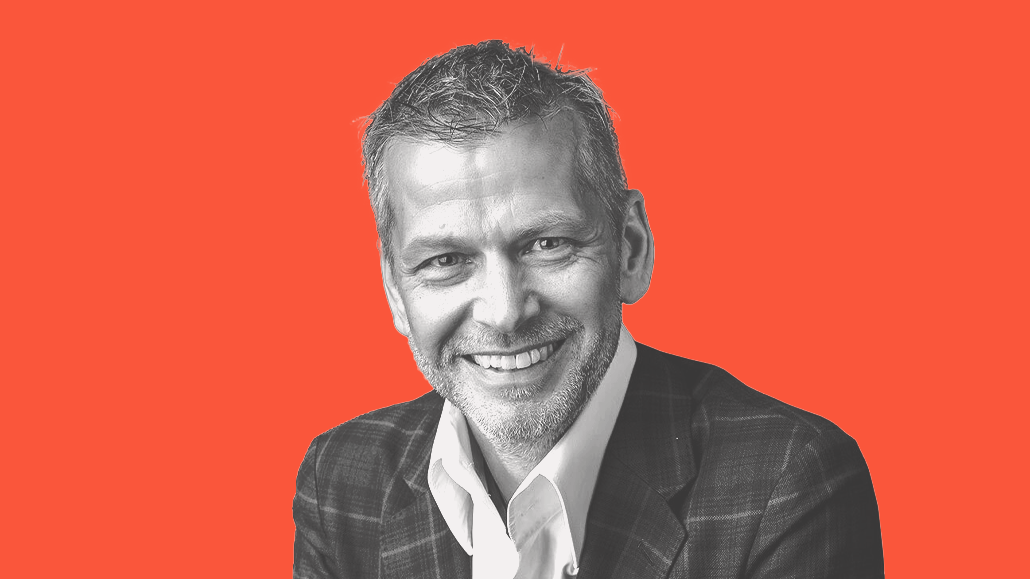Secure your place at the Digiday Media Buying Summit in Nashville, March 2-4
Dmexco co-founder explains the thinking behind the new Possible conference on marketing, advertising, tech & culture

Digiday is at Possible giving you the latest industry news out of the event in Miami. More from the series →
In the world of conferences that cater to and intersect with marketers, agencies and tech, there are few can’t-miss tentpoles — the biggest of them is Cannes Lions, although one has to grudgingly admit CES is important too, if utterly unwieldy. At a secondary level with the likes of SXSW is DMexco, a digital marketing conference and trade show in Cologne, Germany co-founded in 2009 by its former CEO Christian Muche.
The German-born Muche parted ways with Dmexco after a falling out with other organizers behind DMexco, and after starting a few other ventures, late in 2021 he formed Beyond Ordinary, which will put on Possible, its first event in Miami Beach April 17-19.
To help grow Possible, Muche has partnered with MMA Global, the industry organization for advancing modern marketing techniques. And a rogue’s gallery of angel investors includes: Luma Partners founder and CEO, Terence Kawaja; Medialink founder Michael Kassan; ex-GroupM chief Irwin Gotlieb; ex-Starcom Mediavest Group chief Laura Desmond; Scope3 founder Brian O’Kelley; DPAA CEO Barry Frey; and MMA CEO Greg Stuart along with others.
Targeting a content cross-section of marketing, advertising, media, tech and cultural figures and leaders, Possible aims to attract about 5,000 attendees interested in the topics these CMOs and CEOs can address.
The following conversation has been edited for clarity.
How would you describe what Possible will be, and how does it differ from other events?
First of all, it is really designed for — and I would also say from — the marketing industry. Today’s entire ecosystem in the marketing world is far more broad and diverse than a few years ago. My vision and my goal is to have this event happening with more brands and marketers involved than any other events. This part of the audience and attendees everybody is looking for, for obvious reasons. They need to understand what’s going on with consumers and in the tech world. But also, as we all know, they are the budget owners.
So you’re looking to offer a big tent for everyone in the brand marketing ecosystem.
Big in terms of range of topics and market players. Not necessarily big in terms of pure numbers. it sounds very simple and obvious, but I think it’s more relevant than ever before: we have to offer quality over quantity. Then it comes down to the execution and providing a lot of options, providing curation, providing a higher level of personalization, and providing more guided options to make everybody’s life easier being onsite.
What’s an example?
When you have famous speakers you know nobody will ask questions after the keynote in front of a big audience. But in a private session, among a small group of CMOS or C-suite, this provides you the confidence to then sit down and ask the right questions, so that the C-suite really can go home with a better idea and deeper insights. This is going to happen in this kind of meeting, but it’s also going to happen in dedicated master classes and workshops, and in guided tours, to with the right partners.
If, for example, we talk about Web3, then it’s not enough to have a great speaker who knows everything to do a session onstage. It might be the best session ever. But we have to think about is it something we have to integrate into our audience experience in some way? In the old days we used to say you had to touch or feel it. Today it’s got to be even more immersive than that.
How do you take learnings from year one to the future?
I know that whatever we do, for April next year, the next day — on the 20th of April — we have to sit together and we have to rethink the whole thing so we don’t do the same thing again.
More in Marketing

Future of Marketing Briefing: AI’s branding problem is why marketers keep it off the label
The reputational downside is clearer than the branding upside, which makes discretion the safer strategy.

While holdcos build ‘death stars of content,’ indie creative agencies take alternative routes
Indie agencies and the holding company sector were once bound together. The Super Bowl and WPP’s latest remodeling plans show they’re heading in different directions.

How Boll & Branch leverages AI for operational and creative tasks
Boll & Branch first and foremost uses AI to manage workflows across teams.







